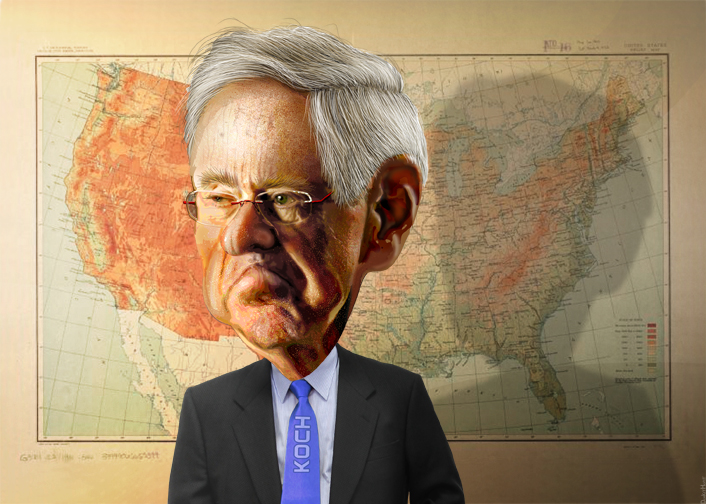The Illusion of Generosity

Billionaires often make headlines with their charitable donations, but the reality of their generosity is more complex than it seems. Many people believe that these wealthy individuals are making significant contributions to society through their philanthropy. However, a closer look reveals that the impact of their donations may not be as substantial as it is often portrayed. In some cases, the donations amount to a small percentage of their overall wealth, raising questions about the true extent of their generosity. For example, when a billionaire donates a million dollars, it might seem like a lot to the average person, but for them, it’s often just a drop in the ocean. Additionally, the motives behind these donations can sometimes be questioned, with some suggesting that they are more about tax breaks or public relations than genuine altruism.
Philanthropy as a Tax Shelter

One of the less discussed aspects of billionaire philanthropy is its use as a tax shelter. Donations to charitable organizations can significantly reduce taxable income, allowing the wealthy to lower their tax bills. This arrangement can be seen as a win-win for both the billionaire and the charity, but it raises ethical concerns. Critics argue that these tax breaks mean that the public is effectively subsidizing the charitable giving of the rich. Moreover, this system allows billionaires to direct funds according to their personal preferences rather than societal needs. While they do contribute to various causes, the process lacks the transparency and accountability expected from public spending.
Control Over Public Policy

Billionaires wield immense power not only through their wealth but also through their influence over public policy. By funding certain initiatives and organizations, they can shape societal priorities and steer the direction of policy-making. This control allows them to focus on issues that align with their interests, potentially overshadowing other important concerns. Critics argue that this concentration of power in the hands of a few undermines democratic processes. Instead of policies being shaped by the collective will of the people, they are influenced by the preferences of a select group of wealthy individuals.
Impact on Wealth Inequality

While philanthropy is often seen as a tool to address inequality, it can paradoxically contribute to the problem. The concentration of wealth in the hands of a few means that their contributions, while significant, do not adequately address systemic issues. The gap between the rich and the poor continues to widen, and philanthropy alone cannot bridge this divide. Instead of relying on the generosity of billionaires, there is a growing call for systemic changes to address inequality. This includes reevaluating tax policies and ensuring that wealth is distributed more equitably across society.
Philanthropy and Corporate Interests

Many billionaires have amassed their wealth through successful businesses, and their philanthropic activities often align with their corporate interests. This overlap raises questions about the motivations behind their donations. Are they primarily driven by a desire to do good, or are they seeking to further their business interests? For instance, a tech billionaire might fund educational programs that promote digital literacy, which in turn benefits their industry. While such initiatives can have positive outcomes, the underlying motives may not always be as altruistic as they appear.
Philanthropy in the Face of Global Crises

In times of global crises, such as pandemics or natural disasters, billionaire philanthropy often comes into the spotlight. These situations highlight the potential for wealthy individuals to make a significant impact through their contributions. However, the effectiveness of these efforts can vary greatly. While some initiatives provide immediate relief, others may not address the root causes of the crisis. Additionally, the reliance on billionaire donations during emergencies points to a lack of adequate public funding and preparedness. This raises questions about the sustainability of a system that depends on the goodwill of a few to address large-scale challenges.
The Role of Philanthropic Foundations

Philanthropic foundations are a common vehicle for billionaire giving, allowing them to manage and distribute their donations effectively. These foundations can have a significant impact on various causes, from education to healthcare. However, they also face criticism for their lack of transparency and accountability. Unlike public institutions, philanthropic foundations are not subject to the same level of scrutiny, allowing billionaires to wield considerable influence without oversight. This raises concerns about the concentration of power and the potential for philanthropic efforts to be driven by personal agendas rather than societal needs.
The Media’s Role in Shaping Perceptions

The media plays a crucial role in shaping public perceptions of billionaire philanthropy. Headlines often focus on the size of donations, creating an impression of generosity and benevolence. However, this coverage can be misleading, as it rarely delves into the complexities and motivations behind the giving. By highlighting the positive aspects of philanthropy, the media may inadvertently contribute to the myth of the benevolent billionaire. This underscores the importance of critical analysis and a deeper understanding of the implications of billionaire philanthropy.
The Need for Systemic Change

While billionaire philanthropy can provide valuable resources for various causes, it is not a substitute for systemic change. Addressing the root causes of societal issues requires comprehensive policy reforms and a commitment to equity and justice. Relying on the goodwill of a few individuals is not sustainable or sufficient to address complex challenges. Instead, there is a need for collective action and a reevaluation of societal structures to ensure that resources are distributed fairly and equitably.
The Future of Philanthropy

The future of philanthropy will likely be shaped by evolving societal expectations and a growing emphasis on transparency and accountability. As public awareness of the limitations and challenges of billionaire giving increases, there may be a shift towards more collaborative and inclusive approaches to philanthropy. This could involve greater involvement of communities in decision-making processes and a focus on long-term, sustainable solutions. Ultimately, the goal should be to create a more equitable and just society, where philanthropy complements rather than replaces systemic change.




